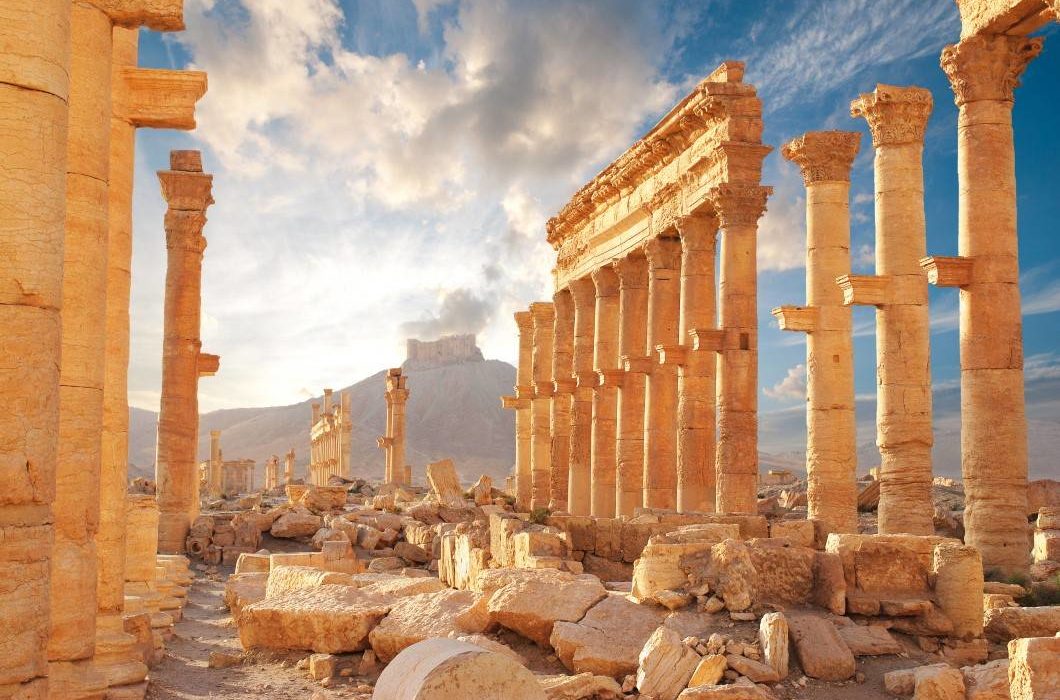
You might also like:
Tourism is a powerful industry and can help countries generate large incomes which often leads to significant boosts of the economy overall. There are many very dangerous countries that use tourism as one of its primary tools to drag the economy. Tourism-Review presents several examples of countries that heavily rely on tourism.
Pakistan Simplifies Formalities
Despite part of its territory is in the “red zone”, with numerous countries advising their nationals not to travel there, Pakistan wants to become “a major player in global tourism”.
An example of how the industry is developing is the creation of a tourism office in 2018 at the country’s embassy in Paris with a French site called “Discover Pakistan”.
After decades of tedious procedures, the country has also simplified its entry formalities by making them accessible online. Electronic visas are available since the beginning of May 2019 for nationals of 178 countries worldwide.
The airline British Airways, meanwhile, reopened flights to Pakistan suspended more than a decade ago for security reasons. The company, which now schedules 3 flights per week between London and Islamabad, believes that the security situation has improved significantly.
Thus, it seems that perhaps there are better days ahead for the Pakistan tourism industry. Between 2001 and 2015 the country was deserted by tourists, but the situation is improving. According to data, in 2017 1.75 million tourists travelled to the country, though according to experts this figure should be taken with a grain of salt.
Afghanistan Creates a Ministry of Tourism
Afghanistan is probably in an even worse situation, considering the never-ending conflict between the Taliban and the state. However, there are now some signs of recovery from the war-torn and dangerous country.
In November 2017, the Afghan government announced the creation of a tourism ministry instead of the existing Tourism Directorate within the Ministry of Culture. Ghulam Nabi Farahi has been designated by a presidential decree as “Minister of State for Tourism” without further details on the ambitions and budget.
18 months later, he is still in office. The last recorded statistics of visitors in Afghanistan come from 2015 when 20,000 tourists arrived in the country, mostly from countries in the region.
Like Pakistan, Afghanistan does not lack much in touristic assets. The Bamyian Valley, the nearby Band-e-Amir lakes system or the Panjshir valley north of Kabul are some of the most interesting places to see in the country.
Syria Looking to Reconquer the Market
Syria, a country devastated by years of conflict and a civil war that is still ongoing on some parts of the area.
Most ministries around the world advice against travelling to the country, as there is still a high risk of getting affected by the armed conflict. Nevertheless, some trips to the most famous sights in the country could be found.
Like its neighbor Iraq, Syria is trying to win back tourists. For the past two years, the Syrian Ministry of Tourism has been distributing promotional clips “Syria Always Beautiful” on social networks. The destination was presented at the FITUR in Madrid in 2018.
The last recorded data of arrivals come from 2010 before the start of the conflict within the country. In that year, Syria welcomed nearly 2 million European visitors on their historical land.

North Korea Constructs a Gigantic Tourist Complex
It is the most isolated country in the world. Some tour operators have tried to include the destination in their itinerary in recent years before giving up, as the gestures of Kim Jong-Un created a climate of uncertainty and unpredictable damage.
Meanwhile, the country has completed a big seaside project in the area of Wonsan-Kalma on the east coast of the country. Authorities predict it to become “the centerpiece of the tourist industry” with hotels, cinemas, water parks. It is expected to be inaugurated by the end of the year.
North Korea has welcomed 100,000 international tourists in 2018 and is thus looking to attract more, despite the geopolitical isolation which will definitely make the task very difficult, to say the least.
Source: tourism-review.com
